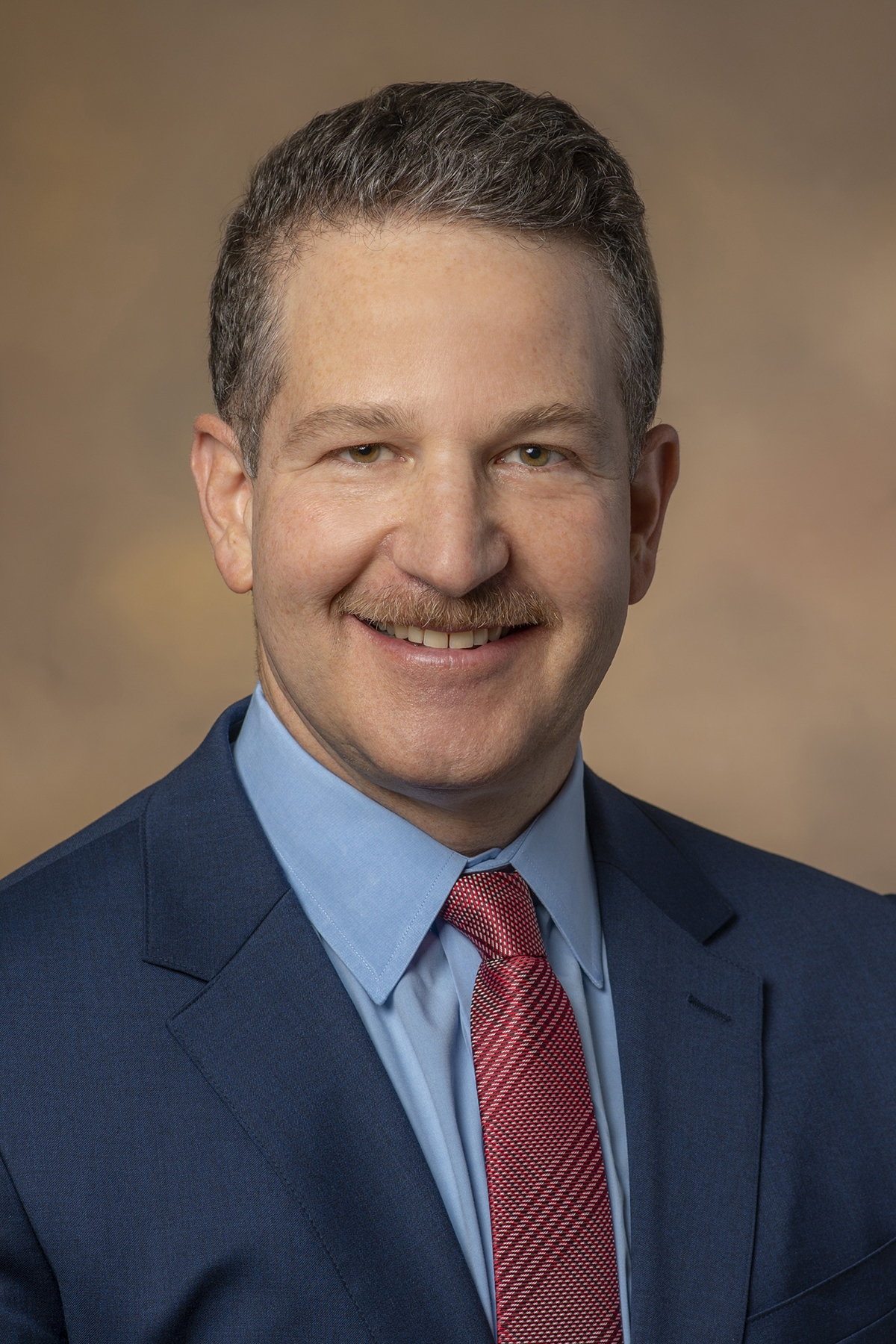
Health awareness days, weeks, and months are useful for raising awareness and reducing stigma. For example, October was notable for being National ADHD Awareness Month and also had Mental Illness Awareness Week, National Depression Screening Day, and World Mental Health Day. November is National Alzheimer’s Disease Awareness Month and contains the International Survivors of Suicide Loss Day. Despite these valuable initiatives, replete with high quality public relations and marketing materials, fundraising walks, and advocacy calls to state and federal lawmakers, stigma about mental illness and addiction continues to interfere with both prevention and care. For example, people with alcohol use disorder who perceive stigma against those with this condition are half as likely to seek help as those with low perception of stigma.
While I was preparing to write an essay about stigma for the November departmental newsletter, I came across this article entitled “Choosing appropriate language to reduce the stigma around mental illness and substance use disorders.” This white paper, co-authored by Nora D. Volkow (Director of NIDA), Josh A. Gordon (Director of NIMH), and George F. Koob (Director of NIAA), is a concise and timely description of the impact of cultural and healthcare provider-based stigma and self-stigma on care and treatment outcomes. The authors also provide recommendations for the use of person-centered (and not disease-centered) language. I encourage you all to review this excellent article, and hope you find it useful to further understand and help reduce the impact of stigma on our patients.

